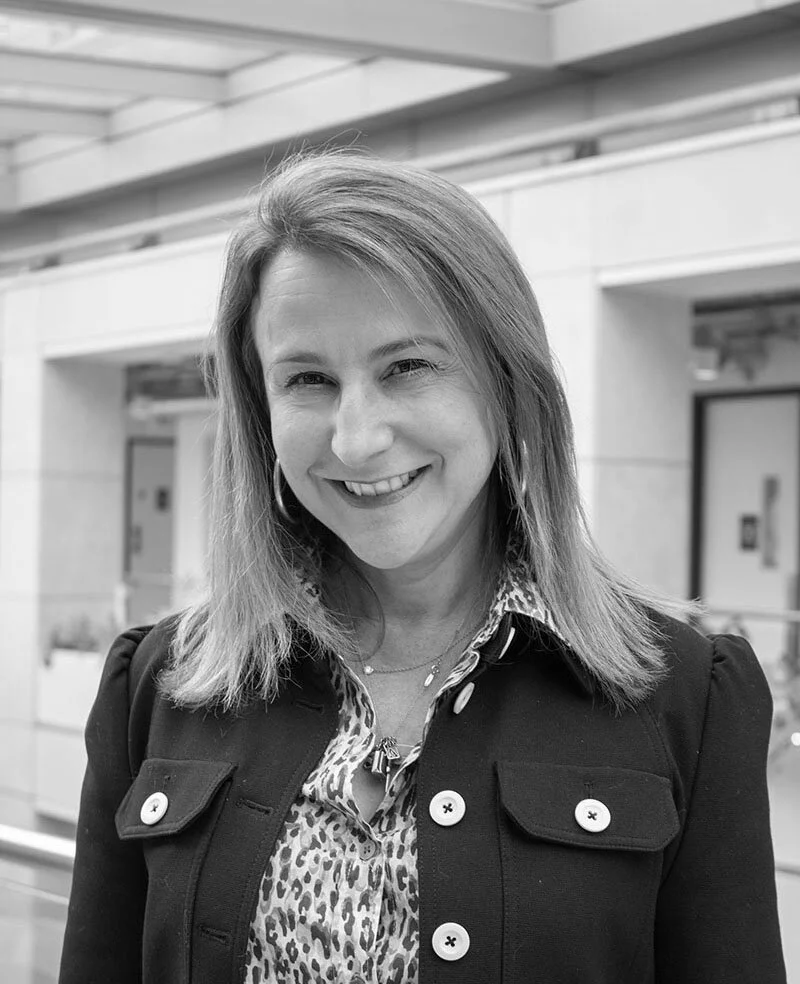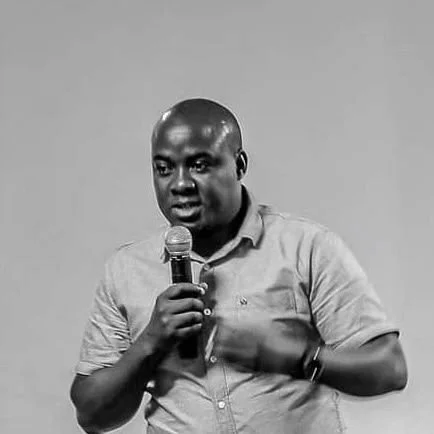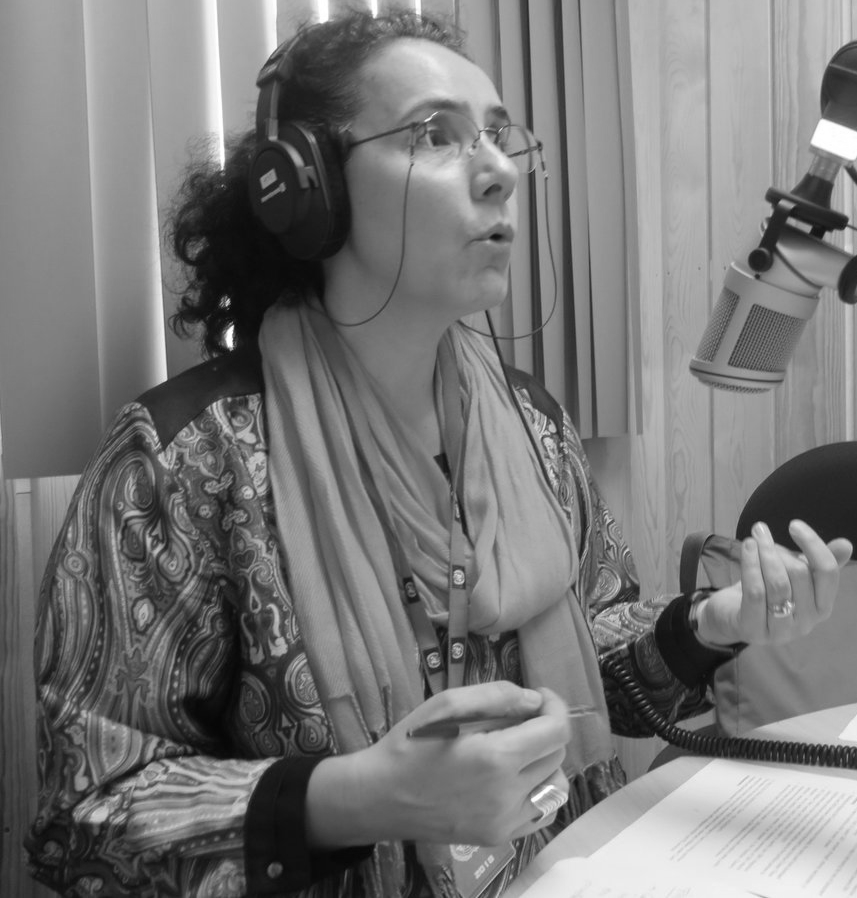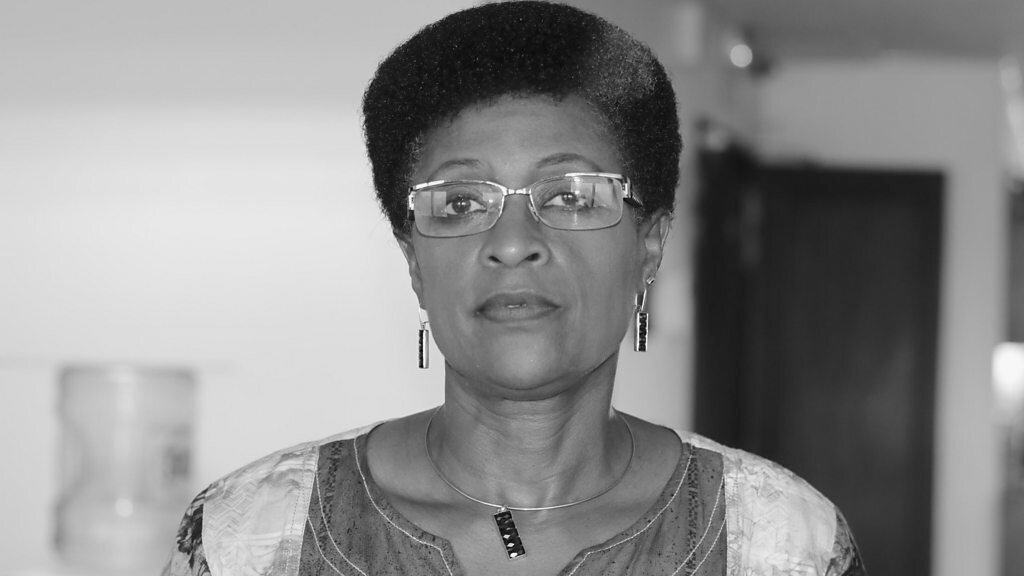Book Description
This book provides humanitarian practitioners and policy makers with a manual for how to apply foresight and strategy in their work.
Drawing on extensive research, the book demonstrates in practical terms how embedding futures-focused thinking into practice can help humanitarian actors to enhance their impact and fit for the future. The book provides readers with a step-by-step guide to an innovative combination of tools and methods tested and refined over the course of several years. However, it also goes beyond this, by grounding the approach within the broader ambition of making humanitarian action more effective. Overall, the analytical and strategic processes outlined in this book will accompany a decision maker through every stage of creating a robust, agile and impactful long-term strategy.
This accessible guide will be an essential point of reference for practitioners and decision makers in the humanitarian ecosystem, as well as students studying humanitarian affairs, global development, conflict studies and international relations.
Reviewers
Foreword
Jeanne Gapiya
“…short-term thinking disenfranchises communities by robbing them of the right to have hope and plan for their own future. Humanitarian actors must do better.”
I was delighted to be asked to contribute to this book because not only have I known Eilidh and Michel for many years, but I, and my organisa- tion, have benefitted from the work that they do via the Inter-Agency Research and Analysis Network (IARAN). It is clear to me, after decades of working as an activist for the rights of people infected by HIV/AIDS that short-term thinking disenfranchises communities by robbing them of the right to have hope and plan for their own future. Humanitarian actors must do better.
As the president of the National Association of Support for Seropositive and AIDS Patients (ANSS), which I co-founded in 1993, I am keenly aware of the need to think about complexity and to consider the long term. As the first civil society organisation dedicated to the prevention of HIV transmission and improving the well-being of people infected with HIV in Burundi, we have seen how it can take many years if not decades to see system-wide change. My work has centred on challenging the struc- tures which underpin the prejudice against those living with HIV/AIDS. It is only by unpacking and better understanding the systems in place that we can find opportunities for transformation and leverage our influence and resources to achieve change for the people we serve. It takes com- mitment, a deep understanding of the context in which you are working and a robust, flexible strategy to truly be able to have a lasting impact.
As a leader I am constantly faced with questions of how to best deploy our resources, to find alternative avenues of funds and to consider the big picture as I make decisions about how to structure our organisa- tion to achieve our stated goals. I believe deeply in the value that fore- sight and strategic development bring to these processes. I know that I am not alone in the challenges I face; as a member of the board of numerous international non-governmental organisation (INGOs), such as Coalition Plus and Sidaction, I have clearly seen the need for greater strategic thinking in order to be more impactful with limited resources among many organisations.
The authors have dedicated the better part of a decade to testing and exploring the tools and methods outlined in this book. Drawing on their practical experience of delivering strategic foresight support to humanitarian actors from governments to local civil society organisations, large INGOs and global research institutions, they have curated a series of tools which are easy to use while delivering robust outputs. They have cultivated an approach to strategic foresight which is adapted to the needs and decision- making culture of humanitarian organisations while providing an avenue through which to challenge the inertias that have stalled progress towards a more representative and inclusive aid sector. Not only do Eilidh and Michel have the real-world experience to understand where the challenges lie in implementing strategic foresight projects, they have crafted ways to overcome them and have clearly demonstrated the value of futures think- ing for finding new ways of working in the sector, pushing all humanitarian actors to think more collaboratively about how to achieve their missions.
After years of designing courses for both academic and professional settings, this book is the culmination of their practical and academic experience. In these pages they have demonstrated that they have the skills to communicate what they have learned effectively, creating an entry point for anyone interested in applying futures thinking to their work and building on their skills of strategic development. The pedagogic approach they employ to craft a narrative that is easy to follow while introducing the reader to complex tools is what makes this book so valuable for practitioners such as myself. By including notes for facili- tation, particularly virtual facilitation, they have given readers the infor- mation they need to run a project by themselves, from start to finish.
This is exactly the kind of support that my team and so many others like us need to ensure our long-term impact. Reading this book, other leaders like myself can learn how to employ strategic foresight to help us pursue the transformation we seek.
I hope you find this text as illuminating as I have and that you use the tools it explores with your communities and partners to do your work more effectively. We do not have the time or resources to waste. We must begin to think more strategically and this book is an important step in the right direction.
Jeanne Gapiya-Niyonzima












